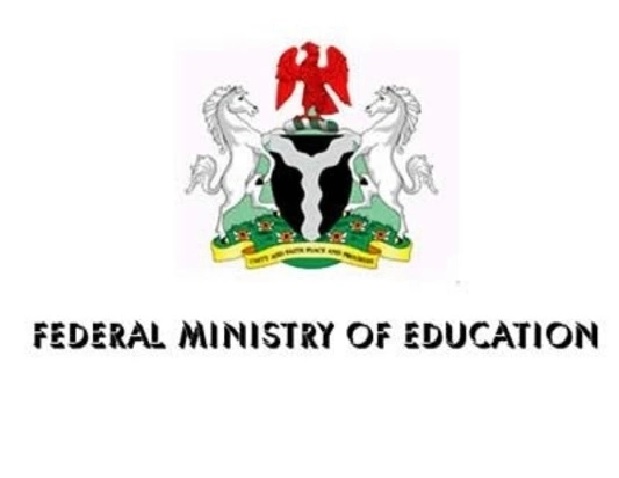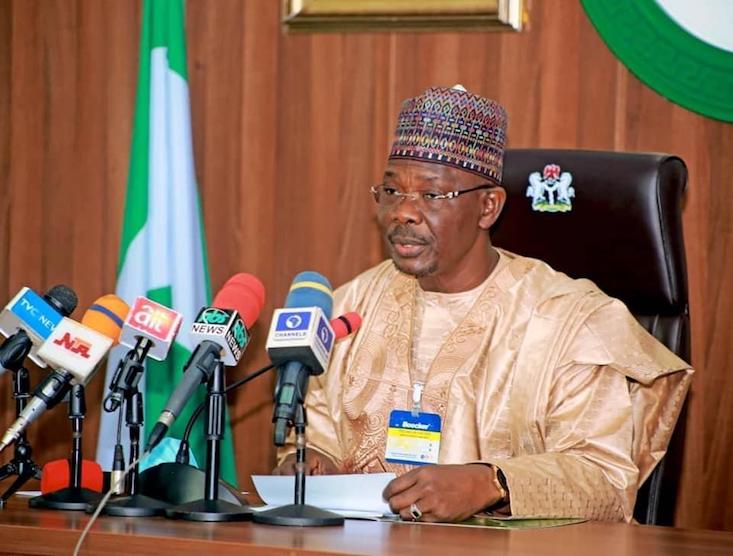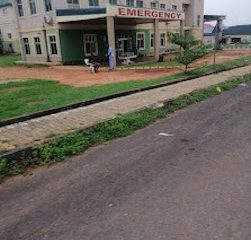Education
Educationist Advocates Strong Monitoring Structure for IDP Education
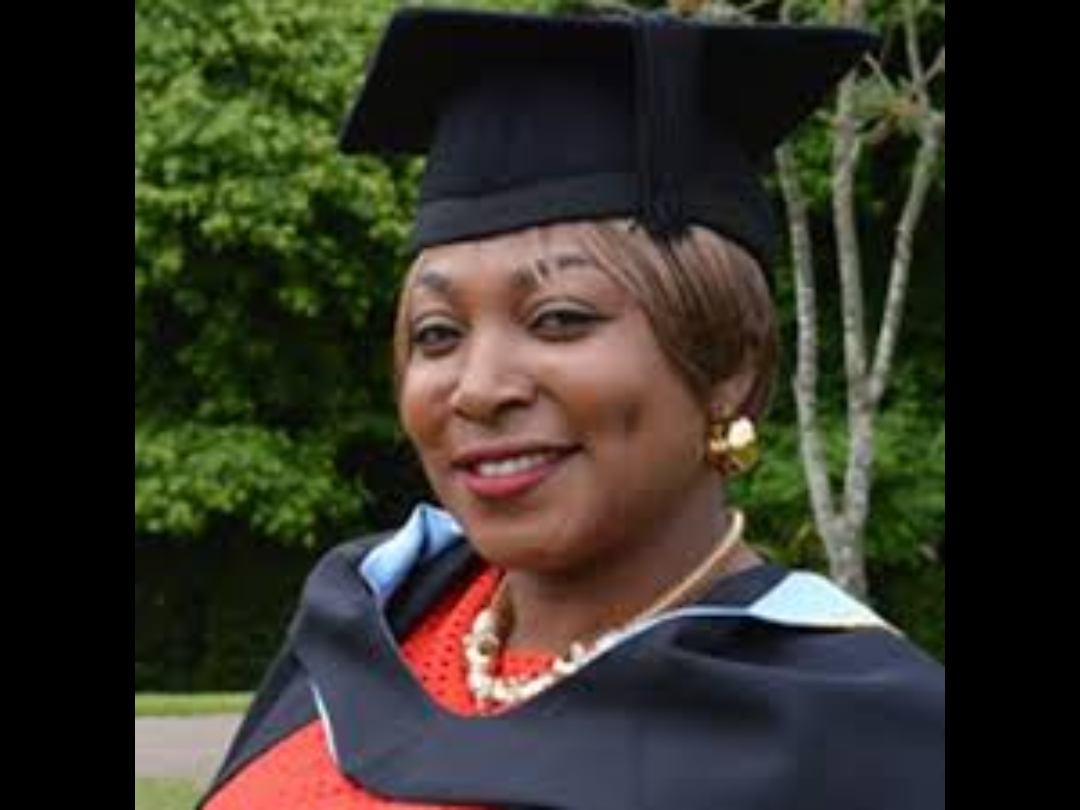
A lecturer at the University of Southampton, UK, Dr Vivienne Rwang has called for the establishment of monitoring structures to strengthen the implementation of Nigeria’s Universal Basic Education (UBE) policy for displaced populations.
Rwang made the call on Tuesday during a virtual seminar themed, “Improving Educational Access and Quality for Displaced and Marginalised Learners in Nigeria: A Policy and Practice Approach”.
It was hosted by the Southampton Education School, University of Southampton, UK.
She said findings from her academic study revealed the severe challenges faced by internally displaced children in accessing quality basic education in camps across North Central and North East Nigeria.
“Education is more than a right; it is a tool for stability, healing, and hope. We owe these children that much,” Rwang stated.
Citing global statistics, she noted that Sub-Saharan Africa accounts for 46 per cent of conflict-induced displacement worldwide, with Nigeria representing a significant portion due to prolonged insurgency and communal violence.
Rwang called for urgent reforms to Nigeria’s UBE framework, including the formal recognition of IDP camps by federal and state governments, dedicated education budgets for displaced children, and curriculum reforms in teacher training to integrate emergency education.
She further advocated for free education for IDP children, including the waiving of Parent-Teacher Association (PTA) fees, and the provision of uniforms and learning materials.
“In spite of Nigeria’s UBE policy mandating free and compulsory basic education, many IDP children remain excluded,” she said.
According to her, many IDP camps lack functional schools, while displaced children who attempt to enrol in neighbouring schools often face rejection, high fees, or non-absorption due to overcrowding or lack of documentation.
She also highlighted the shortage of trained teachers capable of addressing the psychosocial and educational needs of traumatised children, noting that most IDP schools operate without special budgetary allocations.
“Teachers working in and around camps often lack the training, motivation, and resources to meet the needs of displaced learners.
“Without education in emergency training, we risk losing an entire generation, ”Rwang added.
In her keynote address, Prof. Nana Tanko, Co-founder of the African Policy Research Institute, called for urgent action to support the education of children in conflict-affected states.
She stressed that collective efforts are needed to lift them out of their current circumstances.
Deputy Vice Chancellor, University of Jos, Prof. Rahila Gowon alongside other academics from the institution, also emphasised the need for a complete overhaul of Nigeria’s education system to better accommodate marginalised learners.
Also speaking, Simon Katu, Assistant Director of Disaster Risk Reduction at the National Emergency Management Agency (NEMA), advocated for the integration of education in emergencies into national and state disaster management frameworks.
He said this would help institutionalise the Safe School Initiative and ensure more consistent interventions.
Rwang’s research is titled “Quality Basic Education and Provision for Internally Displaced Children in Internally Displaced Persons Camps: A Case Study of IDP Camps in North Central and Northeast Nigeria”.
It was motivated by her volunteer work in IDP camps and findings from her master’s dissertation on public primary education in the Federal Capital Territory (FCT).
Representatives from the Universal Basic Education Commission (UBEC), International Organisation for Migration (IOM), Hope for All Foundation, Lovatt Foundation, and various school administrators also participated in the seminar.
Education
UNICAL VC Promises to Resolve Dentistry Students’ Crisis

From Ene Asuquo, Calabar
The Vice Chancellor of the University of Calabar, Prof. Florence Obi has promised that she would do everything humanly possible to ensure that the ongoing crisis in the institution’s Department of Dentistry, is resolved.
Prof.
Obi made the promise in Calabar during a press briefing, stressing that she will resolve the crisis before leaving office.She explained that the problem predates her administration, and pledged to intensify efforts to rectify the crisis.
She added that the crisis was as a result of the Medical and Dental Council of Nigeria (MDCN)’s refusal to induct 2016 Dentistry students of the institution.She also debunked claims circulating on social media that the institution’s Dentistry programme has lost its accreditation, describing the reports as “misinformation and distortion of facts,” clarifying that the programme remains fully accredited and no students have been directed to transfer to other universities.
“At no point did the University ask Dentistry students to seek transfers to other institutions, nor were they advised to ‘go and learn a trade’ as falsely alleged online,” the VC stated.
“I will feel very bad if I leave without solving this problem and the students are left hanging without knowing their fate. I won’t be fulfilled,” she said.
She reaffirmed the University’s commitment to ensuring all Dentistry students graduate and are duly licensed as dental surgeons.
She noted that the Dentistry programme commenced in the 2013/2014 academic session, and in November 2019, the University secured pre-clinical accreditation from the MDCN and full clinical accreditation was subsequently granted in December 2022.
The VC added that the university’s synergy and partnership with the Minister of Education and the Tertiary Education Trust Fund (TETFund) to upgrade its facilities.
“All we asked for is time to engage with other institutions, update the Medical and Dental Council of Nigeria (MDCN), and follow through on due processes,” she noted.
Speaking further, Obi said that some of the affected students demanded to be transferred to the Department of Medicine and Surgery but said it was not the solution as the department was already saturated.
She urged the affected students to remain calm, noting that the university was doing everything possible to resolve the issues before the end of her tenure.
Education
NUT Reaffirms Commitment to Teachers’ Professional Development in Kwara
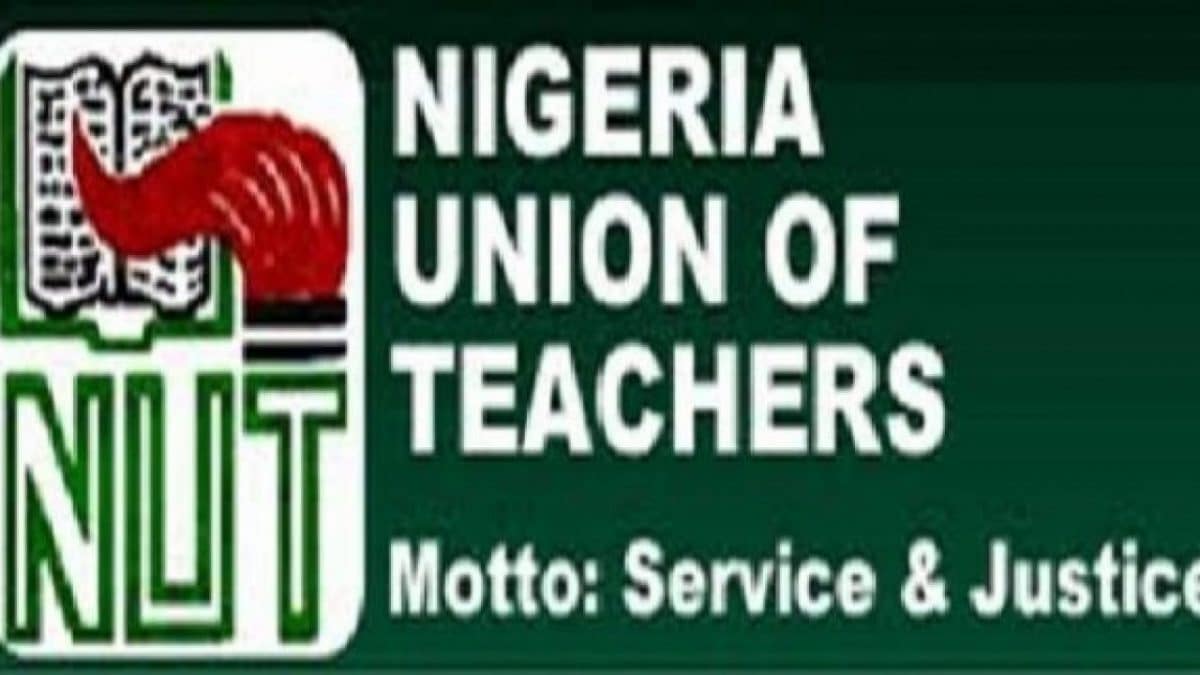
From Abdullahi Abubakar, Ilorin
The Nigeria Union of Teachers (NUT), Kwara State Wing has restated its commitment to strengthening the professional growth of teachers across the State, to enhance the quality of education delivered in public schools. Speaking at the opening of a three-day capacity-building workshop in Ilorin, the State Chairman of the Union, Comrade Yusuf Wahab Agboola, noted that continuous training of teachers remains a vital component of educational reform and improved classroom delivery.
The training, organised in collaboration with the NUT National Secretariat, is targeted at selected teachers and focuses on the “Study Circle Conveners’ Model”—a grassroots strategy for enhancing peer-to-peer learning and participatory leadership within the education sector.
Comrade Agboola explained that the workshop aims to equip teachers with practical skills in collaborative learning, peer engagement, and innovative teaching practices. He expressed optimism that the training would promote professional bonding among teachers and foster collective solutions to challenges facing the education sector.Also speaking at the event, the National Coordinator of the NUT Study Circle Project, Comrade Solomon Igbelowowa, traced the initiative’s roots to 1985 when it was introduced in Nigeria by the Swedish Teachers Association, having recorded success in Sweden and other parts of the world. He commended the Nigerian Union of Teachers for sustaining the project over the years and urged participants to engage fully and make the most of the training opportunity.
The workshop was officially declared open by the National President of the NUT, Audu Amba, who was represented by the 3rd National Vice President, Bashir Oyewo.
He encouraged teachers to approach the sessions with dedication and punctuality.
Education
JAMB Sets 150 Cut-off Mark for University Admissions

By Tony Obiechina Abuja
The Joint Admissions and Matriculation Board (JAMB) has fixed 150 as the minimum cut-off mark for admission into Nigerian universities for the 2025/2026 academic session.
The decision was reached on Tuesday during the 2025 Policy Meeting on Admissions, held at the Bola Ahmed Tinubu International Conference Centre in Abuja, with stakeholders from various tertiary institutions in attendance.
According to JAMB, 140 was approved as the minimum score for colleges of nursing sciences, while polytechnics, colleges of education, and colleges of agriculture will admit candidates with a minimum score of 100.
“The minimum admissible scores for admissions for the next academic session have been fixed at 150 for universities, 100 for polytechnics, 100 for colleges of education, and 140 for colleges of nursing sciences by the stakeholders (Heads of Tertiary Institutions),” JAMB announced via its official X account.











